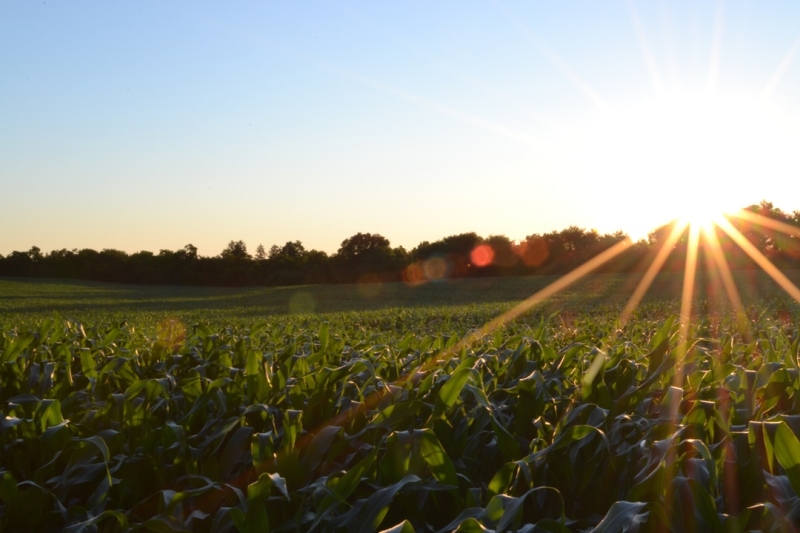First, a primer about Iowa culture.
Culture and Iowa aren’t necessarily concepts that fit together for most people. When I asked one well-known presidential candidate his impression about our state he commented, “The corn. The corn. I can’t get over how nearly every field for miles on end is filled with corn. Most people just wouldn’t believe it.” He didn’t say a thing about Iowa culture.
Minnesota has Garrison Keillor and A Prairie Home Companion. Wisconsin has; well, Wisconsin has beer, brats, and the Green Bay Packers. New York has Broadway, not to mention the art, literary and fashion scene, and California has Hollywood. Iowa has corn but, if we stop there, we’d miss a fact about which many Iowans are unaware; that is, Iowa hosts arguably the most important incubator for literary culture in the country—the Iowa Writer’s Workshop.
The Iowa Writer’s Workshop was founded on the campus of the University of Iowa in the middle of the Great Depression. The Workshop has been home to some of the most important writers of the last seventy-five years. From Flannery O’Connor to John Irving, Walter Stegner to Robert Bly, North American culture has been the beneficiary of some of the most creative writers ever to have put pen to paper. One of those writers is the Pulitzer Prize-winning author, Jane Smiley.
Jane Smiley’s most recent work, Some Luck, should be required reading for every American literature class in our state. Some Luck is the first novel in a trilogy about an Iowa farm family—Rosanna and Walter Langdon from the fictional town of Denby, Iowa. Each chapter of Some Luck covers a single year, beginning in 1920, as soldiers like Walter return from the World War, begin a family, struggle to survive the Great Depression, and then send their children off to the Second World War. Some Luck gave me some insight into the lives and challenges of my grandparents, both of whom came of age during the Depression, and it comes about as close as any novel I’ve ever read at capturing the essence—in all of its beauty and brokenness—of a nuclear family. This essence is shared when Rosanna pauses for just a moment during a Thanksgiving meal:
“She could not have created this moment, these lovely faces, these candles flickering, the flash of the silverware, the fragrances of the good hanging over the table, the heads turning this way and that, the voices murmuring and laughing. She looked at Walter, who was so far away from her, all the way at the other end of the table, having a laugh with Andrea, who had a beautiful suit on, navy blue with a tiny waist and white collar and cuffs. As if on cue, Walter turned from Andrea and looked at Rosanna, and they agreed in that instant: something had created itself from nothing—a dumpy old house had been filled, if only for this moment, with twenty-three different worlds, each one of them rich and mysterious. Rosanna wrapped her arms around herself for a moment and sat down.”
We need the manifestations of culture—art, music, and literature to tell us something about ourselves. In their best moments, places like the Iowa Writer’s Workshop form brilliant writers who help us to see ourselves—warts and possibilities—more clearly. Without them—and places like them—corn is just corn, absent a history, a narrative, a way of life.








